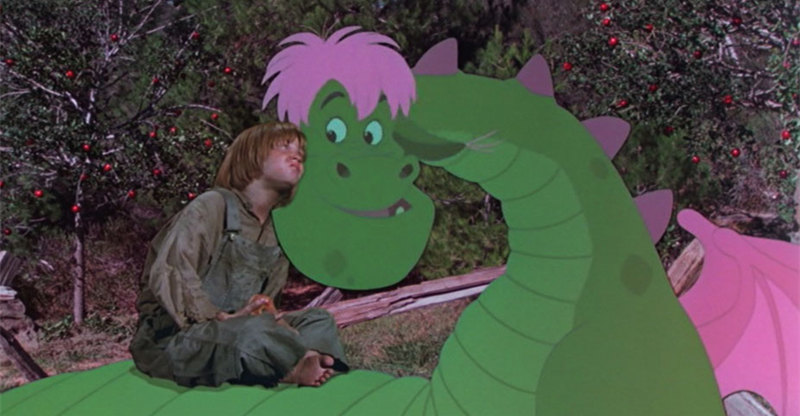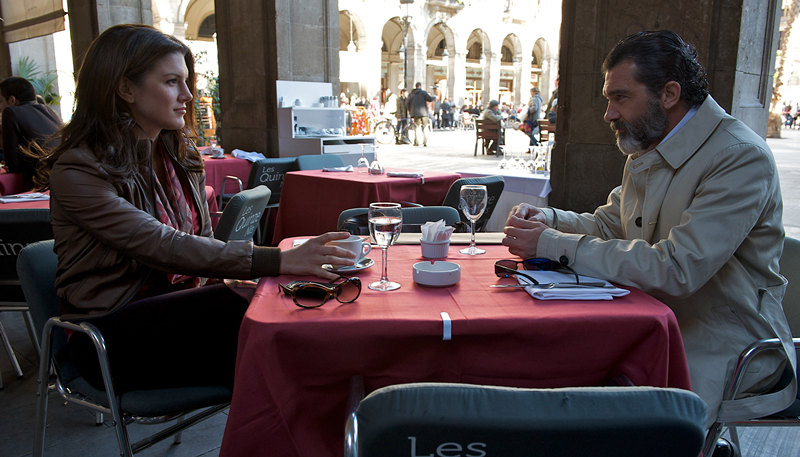“Let’s show the world we can dance
Bad enough to strut our stuff”
-“Shake Your Groove Thing,” Peaches & Herb
Movies like “Anchorman” and TV shows like “That 70’s Show” use their 70’s-era settings to appeal to the egos of modern viewers. Pop culture-tinged condescension replaces nostalgia as these strange and simple beings from another time are ridiculed through the perspective of the inherently superior and more sophisticated contemporary audience. Their outmoded hairstyles, their antiquated slang, their proclamations about politics that seem silly when heard thirty years later are all presented as evidence that we are the refined product of the inexorable march of progress. Those poor, foolish, stupid stupid stupid creatures of yore.
If you’ve seen “Metropolitan” (1990), you won’t be surprised to learn that Whit Stillman skips the snark in favor of a sincere appreciation of his slightly lost characters trying to find their way some time in “The Very Early 80s.” Stillman tells the story of a group of yuppies who don’t consider themselves yuppies (yuppies never do) who are united by one thing: their love for disco. Is there any pop culture subject easier to mock? Glitter balls, bell bottom pants, John Freakin’ Travolta. Disco Stu likes disco music.
Stillman isn’t here to mock. He had every chance to do it in “Metropolitan” with his privileged, self-absorbed young socialites who obsess over literary criticism and televised debutante balls. But Stillman loved his characters not just despite but because of their foibles, and he treats his disco-loving drifters with the same gentle sensibility.
It’s a bit tougher this time around because Stillman has to deal with some pretty unpleasant characters who don’t have the excuse of being quite as young as the kids in “Metropolitan.” Charlotte (Kate Beckinsale) is a narcissistic chatterbox whose passive-aggressive behavior borders on the pathological, particularly when she’s dealing with “friends” like Alice (Chloe Sevigny.) Both young women work as readers for a publishing company and spend their free time, like everyone else in the movie, going to The Club.
The Club is… The Club. It’s located somewhere in Manhattan and everybody who is anybody in the disco scene wants to be there. As Club manager, Des (Chris Eigeman) would seem to occupy an enviable position of power, but he’s under pressure from multiple fronts. A jealous co-worker schemes to oust him, and his friend Jimmy (Mackenzie Astin) puts his job in peril by sneaking into The Club despite the fact that he’s forbidden entry because he works in advertising and nobody wants that kind of element in The Club. Don’t feel too sorry for Des though. He’s also a serial womanizer who breaks up with his most recent conquest(s) by making a tearful confession about his recent discovery that he is gay. He just found out on Wednesday: “Wednesday was my gay day.”
The plot, such as it is, mostly involves the characters’ attempts to find love, or sometimes to undermine each other’s efforts at the same, and to go to The Club as much as possible. As usual, Stillman’s script is filled with witty banter, philosophical noodling and the occasional put down; you’re not necessarily being snarky when you are letting one of your snarky characters snark away. As with David Mamet or Aaron Sorkin, most of Stillman’s characters talk in the same voice (Stillman’s voice, that is) but he still finds a way to imbue them all with their own sense of individuality and dignity.
Stillman’s real accomplishment here is in finding a way to treat his least sympathetic characters with as much respect as he gives to the more likeable ones. It helps that the characters have a pretty accurate assessment of who they are. In a late scene Des shares the following:
You know that Shakespearean admonition: “To thine ownself be true”?
It’s premised on the idea that “thine own self” is something pretty good, being true to which is commendable.
But what if “thine own self” is not so good? What if it’s pretty bad?
Wouldn’t it be better, in that case, not to be true to “thine own self”?
Perhaps that’s good advice for Des. But for Whit Stillman, what matters most is that he’s true to his characters. He gives them all a fair shake, or at least their fair chance to shake their groove thing on the dance floor. Show ‘em how we do it now!
Video:
The film is presented in a 1.78:1 aspect ratio, a modification of its original 1.85:1 ratio, but one approved and supervised by Whit Stillman (the same was true of the SD). Criterion released the film on SD in 2009, and I don’t know that it was crying out for a Blu-ray treatment in such short order, but I suppose it makes an obvious pairing with “Metropolitan,” also released on Blu this week. The SD transfer was excellent, and so is this 1080p, but I don’t know that there’s a substantial difference between the two, certainly not as much as there was with the “Metropolitan” upgrade where the cooler tones and super-16 blowup benefitted more from the finer detail. “The Club” doesn’t really look that much ritzier (or cheesier, depending on your POV) in high-def, but this still a solid transfer with sharp colors throughout.
Audio:
The DTS-HD Master Audio 5.1 soundtrack provides a much bigger audio upgrade than the video did. The movie is, of course, loaded with disco tunes and they absolutely pop on this lossless audio. “Heart of Glass” in DTS-HD? Seems like the real thing! The space of The Club has a real sense of depth. Dialogue is also crystal clear. Optional English subtitles support the English audio.
Extras:
The extras have all been imported from the 2009 SD release by Criterion.
The film is accompanied with a commentary by Whit Stillman, Chloe Sevigny, and Chris Eigeman.
The other extras are of middling quality. There are Four Deleted Scenes (8 min. total, can be played with commentary track) and a short studio-produced promo featurette (6 min.) Stillman also reads an excerpt (17 min.) from his 2000 book “The Last Days of Disco, with Cocktails at Petrossian Afterwards.”
The disc also includes a Stills Gallery and an Original Theatrical Trailer (2 min.)
The slim fold-out insert booklet features a four page essay by novelist David Schickler, the same one that was included with the 2009 release..
Film Value:
“The Last Days of Disco” is not on par with Stillman’s wonderful debut “Metropolitan.” But there’s plenty of room beneath that bar for an endearing and entertaining movie. Stillman takes his subject seriously enough that it actually hurts to see that jerk at the end wearing his “Disco Sucks” t-shirt. I hate to tell you, buddy, but the grunge era is only a few years away. Try to have fun while you can.
Criterion has also released Whit Stillman’s “Metropolitan” on Blu-ray this week.


